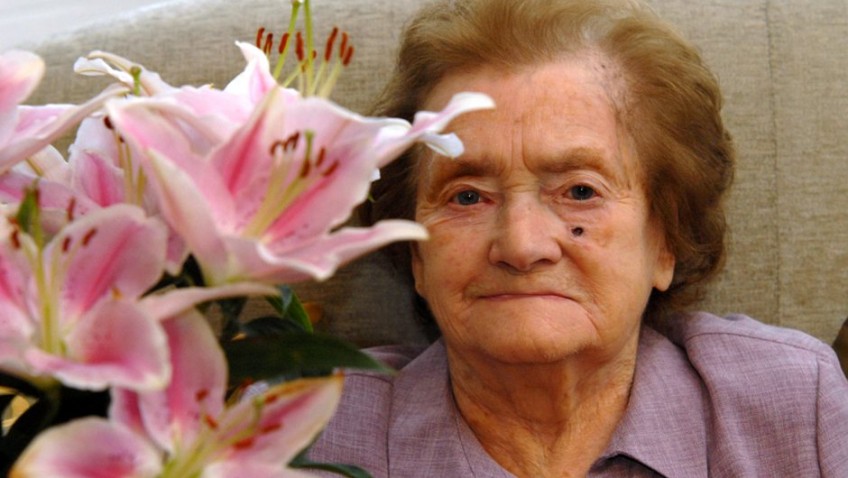A leading international theatre director may be forced to sell her family home to fund her own ageing mother’s care bills following a landmark legal ruling.
Legal experts have warned it could pave the way for millions of families
effectively having their homes sold from underneath them to pay for relatives’ care.
Glen Walford, 70, lived part-time at the family’s £205,000 home in Stourport-on-Severn, Worcs., while also renting a flat in London.
When her mother Mary Walford, now 93, moved into a care home in 2006 she successfully battled to stop the family home being sold to pay the bills.
Under the law, anyone with more than £21,000 worth of capital is asked to contribute to their care, including selling property.
However, if a partner or relative is aged over 60 and lives in the property either
“whole or part” the house is usually exempt.
Because Miss Walford lives part-time in her mother’s home and keeps an office there, the house was not included in the council’s assessment of her finances.
Worcestershire County Council initially agreed the detached house, called Sunnydene, should be exempt but in 2012 they wrote to Miss Walford saying it should be used to pay her mother’s care bills.
Miss Walford, who has directed hundreds of Shakespeare plays in Britain and Europe, challenged the decision claiming the house was her real home.
A two-year judicial review led to the High Court siding with Miss Walford in February last year in a landmark ruling.
She told the court: “It has always been my intention to retire to Sunnydene which is why I have only ever rented accommodation.
“I dearly wish to be able to keep a much-loved house in the family for my own continued use.”
The council claimed that “everything suggested Miss Walford was not a permanent resident” in the house, pointing out that she had rented a flat in London since 1983.
But Mr Justice Supperstone rejected the council’s decision, saying Miss Walford only had to prove Sunnydene was her “only or main home.”
In his ruling, he said: “A ‘home’ is a place to which a person has a degree of attachment both physical and emotional.”
But the council challenged the ruling and on Wednesday (8/4) the Court of Appeal overturned it and said Sunnydene should be used to pay for Mrs Walford’s care.
The council yesterday welcomed the decision, saying they are grappling with “ever
increasing demands” on public money.
A spokesman said: “This was an important legal challenge and we are pleased the Court of Appeal ruled in our favour.
“There are ever increasing demands being made on the public purse and it is important decisions about how public money is used to support individuals are fair and consistent.
“We had to pursue legal action because we believed in this case the council had no legal duty to fund the cost of care.”
But experts warned it could set a precedent for millions of families struggling to pay for their relative’s care bills.
Charlotte Kelly, an associate at Worcestershire legal firm Kerwoods, said: “This was a very significant judgement and one which will affect many in similar situations.
“This is a very complex area which will affect an increasing number of people.
“The whole care fees issue can be a bit of a nightmare, especially where loved ones are involved and emotions are running high.
“This case was very finely balanced with the Appeal Court judges split two to one.”





